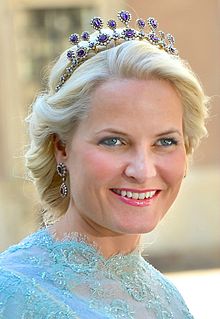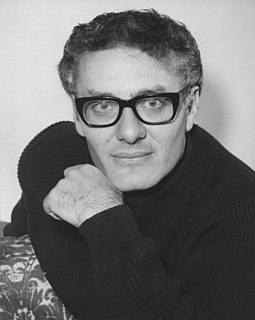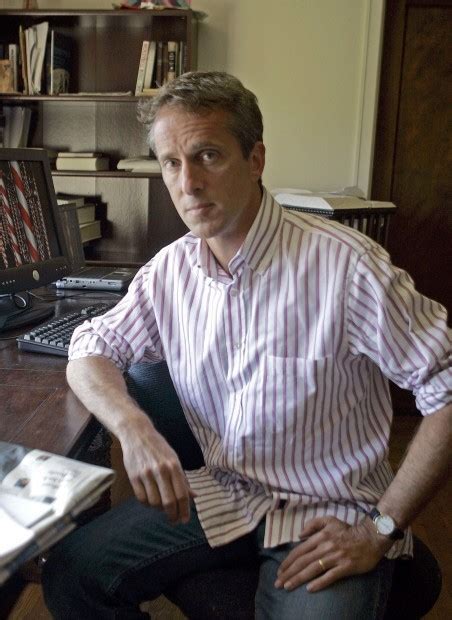A Quote by Clarence Darrow
Life is a never-ending school, and the really important lessons all tend to teach man his proper relation to the environment where he must live.
Related Quotes
The world has so many lessons to teach you. I consider the world, our earth, to be like a school, and our life, the classrooms. Sometimes on our planet life school, the lessons often come dressed up as detours and road blocks and sometimes as full blown crises. And the secret I've learned to getting ahead is being open to the lessons.
I did one year of school and I was doing correspondence school, which was actually another happy accident. Correspondence school is basically home school, but you teach yourself instead of your parents teaching you. I found that to be one of the most important things in my life is that I learned how to teach myself things. I feel like that's something that schools should actually teach.
I've never owned a really bad car, but when I did my driving lessons I had something pretty bad. It was a Skoda, from back before Skodas were actually good, because I know they've got better recently but this was a proper old one. Roy's School of Motoring, it was called, and it was this cream Skoda with a long bonnet. He did 20 lessons for a really cheap fee because nobody wanted to be seen in this cream Skoda around Enfield!
What is the good life? What is the good man? The good woman? What is the good society and what is my relation to it? What are my obligations to society? What is best for my children? What is justice? Truth? Virtue? What is my relation to nature, to death, to aging, to pain, to illness? How can I live a zestful, enjoyable, meaningful life? What is my responsibility to my brothers? Who are my brothers? What shall I be loyal to? What must I be ready to die for?
But neither life nor happiness can be achieved by the pursuit of irrational whims. Just as man is free to attempt to survive in any random manner, but will perish unless he lives as his nature requires, so he is free to seek his happiness in any mindless fraud, but the torture of frustration is all he will find, unless he seeks the happiness proper to man. The purpose of morality is to teach you, not to suffer and die, but to enjoy yourself and live.
But there's the rub. The present can never deliver one thing: meaning. The way of happiness and meaning are not the same. To find happiness, a man need only live in the moment; he need only live for the moment. But if he wants meaning--the meaning of his dreams, his secrets, his life--a man must reinhabit his past, however dark, and live for the future, however uncertain. Thus nature dangles happiness and meaning before us all, insisting only that we choose between them.
There is a metaphysical honour in ending the world's absurdity. Conquest or play-acting, multiple loves, absurd revolt are tributes that man pays to his dignity in a campaign in which he is defeated in advance.... War cannot be negated. One must live it or die of it. So it is with the absurd: it is a question of breathing with it, of recognizing its lessons and recovering their flesh. In this regard the absurd joy par excellence is creation. "Art and nothing but art", said Nietzsche, "we have art in order not to die of the truth."



































